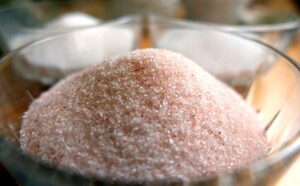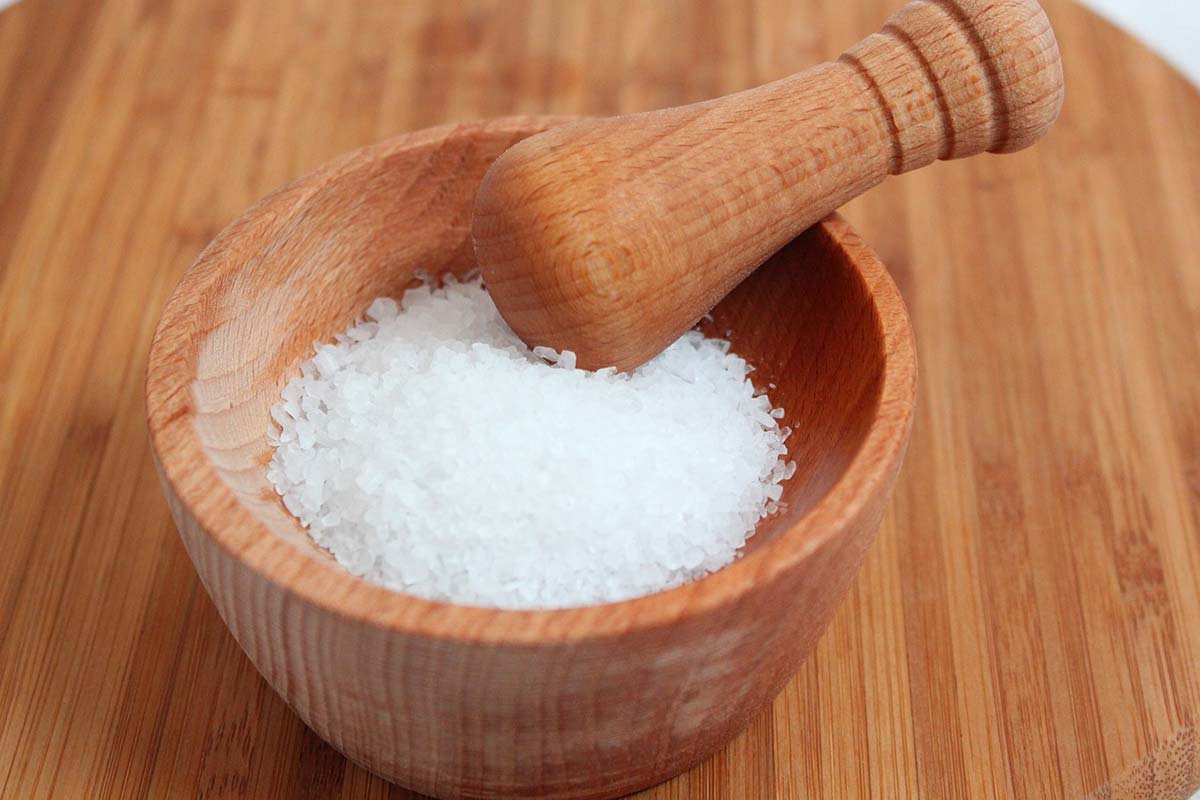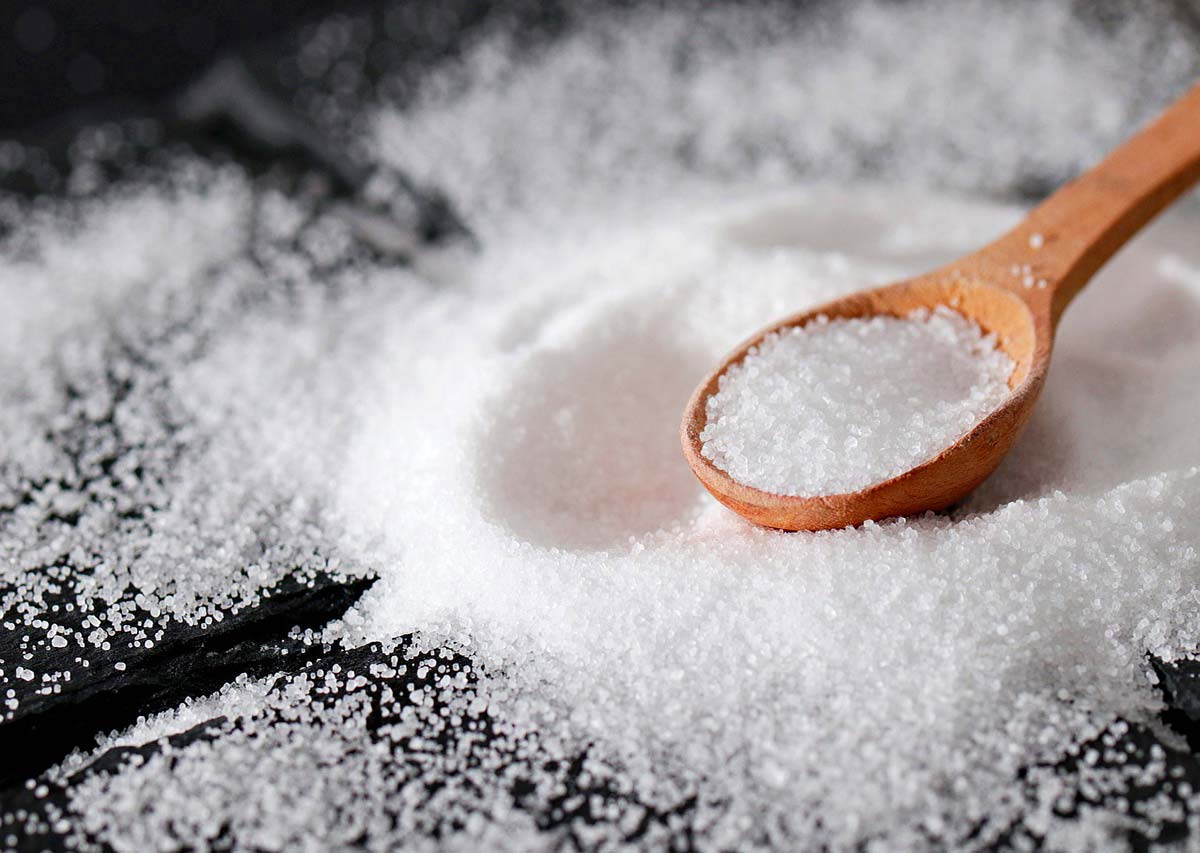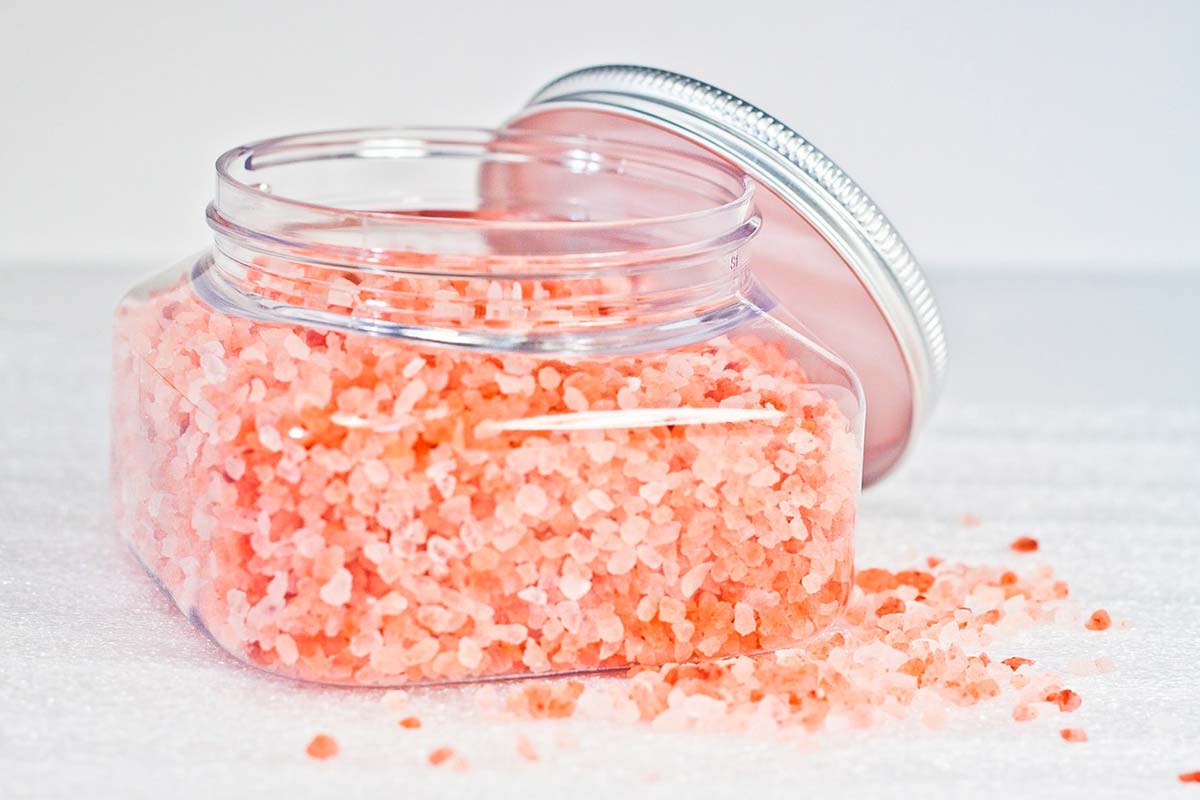Here are some benefits of edible salt for children when consumed in moderation:
1. Electrolyte Balance:
Edible salt contains sodium, which is an essential electrolyte that helps regulate fluid balance in the body. This is especially important for children who are active and may lose fluids through sweating during physical activities. Proper electrolyte balance ensures proper hydration, nerve function, and muscle contraction.
2. Healthy Growth and Development:
Sodium is necessary for the proper growth and development of children. It plays a role in maintaining the body’s pH balance, transporting nutrients into cells, and supporting overall cellular function. Adequate sodium intake contributes to healthy bone development and overall growth.
3. Brain Function:
Sodium is involved in the transmission of nerve impulses throughout the body, including the brain. It helps neurons communicate with each other, which is essential for cognitive function, learning, and memory. Consuming moderate amounts of salt can support optimal brain development in children.
4. Improved Taste Perception:
Edible salt enhances the flavor of food and can make nutritious foods more appealing to children. While it’s important to avoid excessive salt intake, a moderate amount can encourage children to enjoy a variety of healthy foods, such as vegetables, lean proteins, and whole grains.
5. Hydration:
Edible salt stimulates thirst and encourages children to drink fluids, which helps maintain proper hydration levels. This is particularly important during hot weather or when children are engaged in physical activities that cause them to sweat.
6. Prevention of Hyponatremia:
Hyponatremia is a condition characterized by low sodium levels in the blood, which can lead to symptoms such as headache, nausea, fatigue, and confusion. Consuming moderate amounts of salt helps prevent hyponatremia and ensures that children maintain healthy sodium levels in their bodies.
7. Balanced Diet:
Including small amounts of edible salt in children’s meals can help balance their overall diet. Salt enhances the flavor of foods and can make nutrient-rich options more appealing, encouraging children to eat a diverse range of foods that provide essential nutrients for growth and development.
It’s important to note that while edible salt offers these benefits, moderation is key. Excessive salt intake, especially at a young age, can lead to health problems such as high blood pressure and an increased risk of heart disease later in life. Therefore, it’s essential to monitor and limit children’s salt intake while still ensuring they receive adequate amounts for their growth and development.

Food companies often target children with advertisements for salty snacks and processed foods, which can influence their taste preferences and food choices. Colorful packaging, catchy slogans, and cartoon characters can make salty snacks seem more appealing to children.
While children naturally enjoy the taste of edible salt, it’s important for parents and caregivers to be mindful of their salt intake and encourage moderation. Excessive salt consumption can have negative health consequences, including high blood pressure and cardiovascular problems. By offering a variety of nutritious foods and limiting the intake of salty snacks and processed foods, parents can help children develop healthy eating habits while still satisfying their taste preferences.
Health organizations support edible salt use
In many countries, edible salt is fortified with iodine to help prevent iodine deficiency disorders. Iodine is an essential micronutrient that plays a crucial role in thyroid function and overall health. Insufficient iodine intake can lead to conditions such as goiter, hypothyroidism, and impaired cognitive development, particularly in children.
Fortifying table salt with iodine is a cost-effective and efficient way to ensure that populations receive an adequate intake of this essential nutrient, especially in regions where iodine deficiency is prevalent. The iodization process involves adding small amounts of potassium iodide or potassium iodate to salt, typically at levels recommended by health authorities to meet the population’s nutritional needs without causing adverse health effects.
The World Health Organization (WHO) and other health organizations support the use of iodized salt as a public health intervention to address iodine deficiency and its associated health consequences. Regular consumption of iodized salt helps maintain optimal iodine levels in the body, promoting thyroid health and preventing iodine deficiency disorders.
Looking for edible salt: Click here




